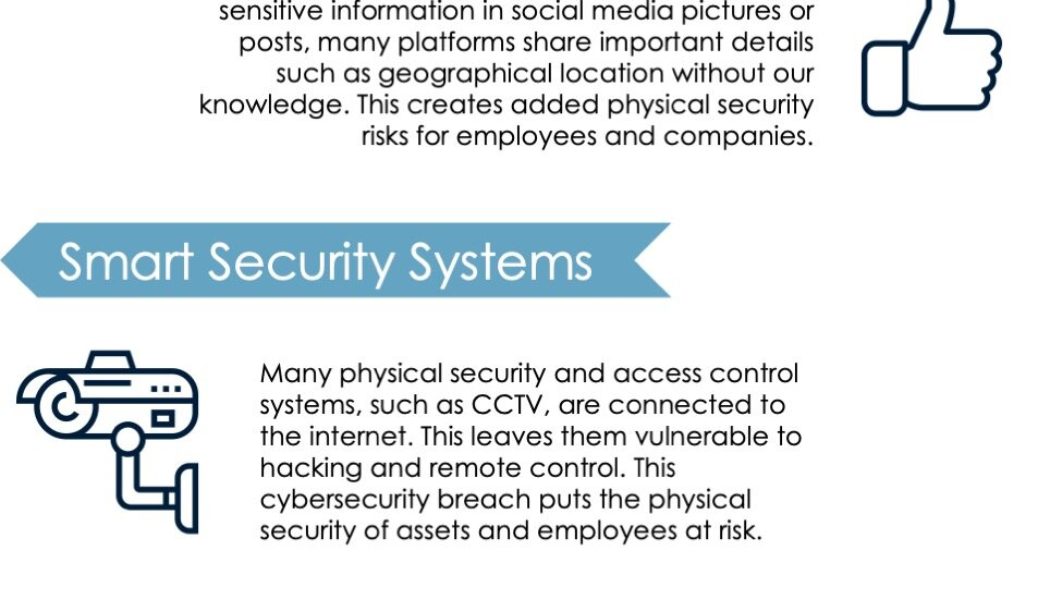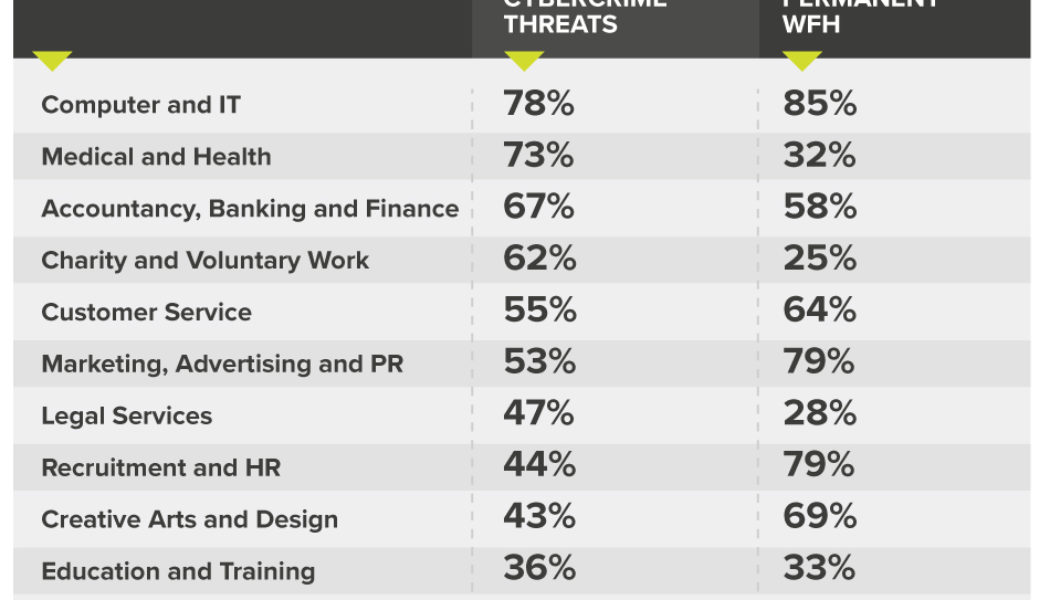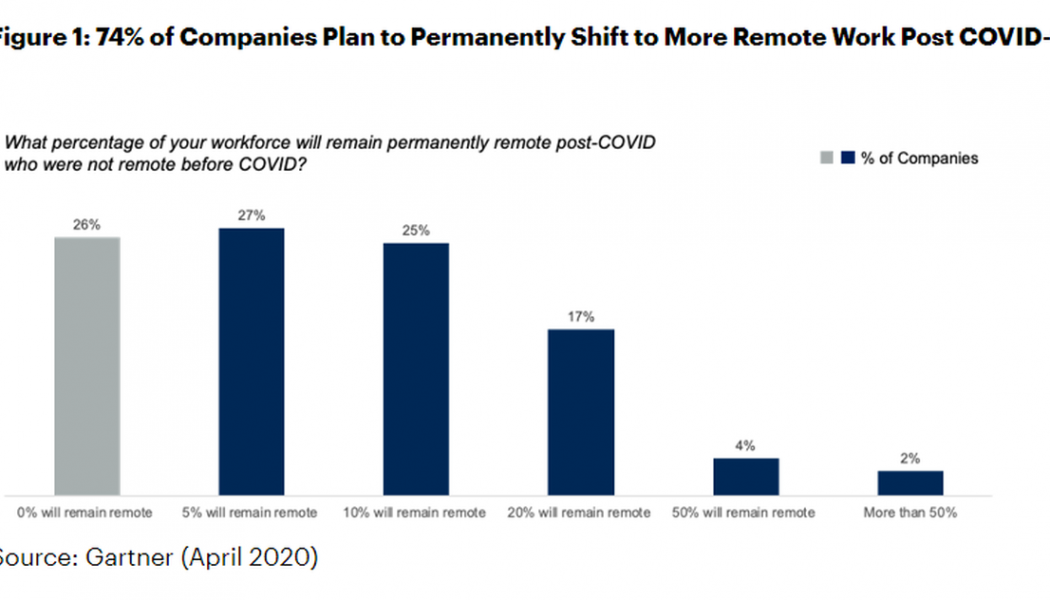Working from Home
How to Secure Your Remote Work Environment from Cybersecurity Threats
Sourced from International IDEA Cybersecurity threats are at an all-time high. With organizations increasingly employing hybrid work models, it has become more vital than ever to educate employees on the various cybersecurity risks that come with a distributed work environment. In a hybrid work environment, employees working from home pose a greater security risk compared to those working at the office. Home networks are less secured than corporate networks, unprotected by in-office firewalls and advanced fraud detection systems. In the comfort of one’s home, a small mistake by an employee could potentially risk the company’s confidential data being leaked. However, risks like data leaks and device compromise can be managed by following certain best practices. Here are some of the practice...
Does Remote Work Promote Greater Opportunities for Women in IT?
We use cookies on our website to give you the most relevant experience by remembering your preferences and repeat visits. By clicking “Accept All”, you consent to the use of ALL the cookies. However, you may visit “Cookie Settings” to provide a controlled consent. You Deserve to Make Money Even When you are looking for Dates Online. So we reimagined what a dating should be. It begins with giving you back power. Get to meet Beautiful people, chat and make money in the process. Earn rewards by chatting, sharing photos, blogging and help give users back their fair share of Internet revenue.
Why Data Management Needs to be a Priority as Cybercrime Explodes
Working from home has become the new normal, and everyone is online, possibly with less secure connections than required. There has also been a huge uptake of cloud-based services in order to support a mobile workforce. This means that digital transformation has seen rapid growth, but it also means that many (possibly distracted) people are now highly attractive targets for cybercriminals. New vulnerabilities mean new loopholes for these criminals to exploit exposed businesses, and the result has been a dramatic increase in cybercrime. As a result, data management is required to curb these increasing threats. Lack of awareness means easy pickings With the need for businesses to rapidly move to a mobile workforce, cloud services are the first port of call. However, the urgency with which th...











